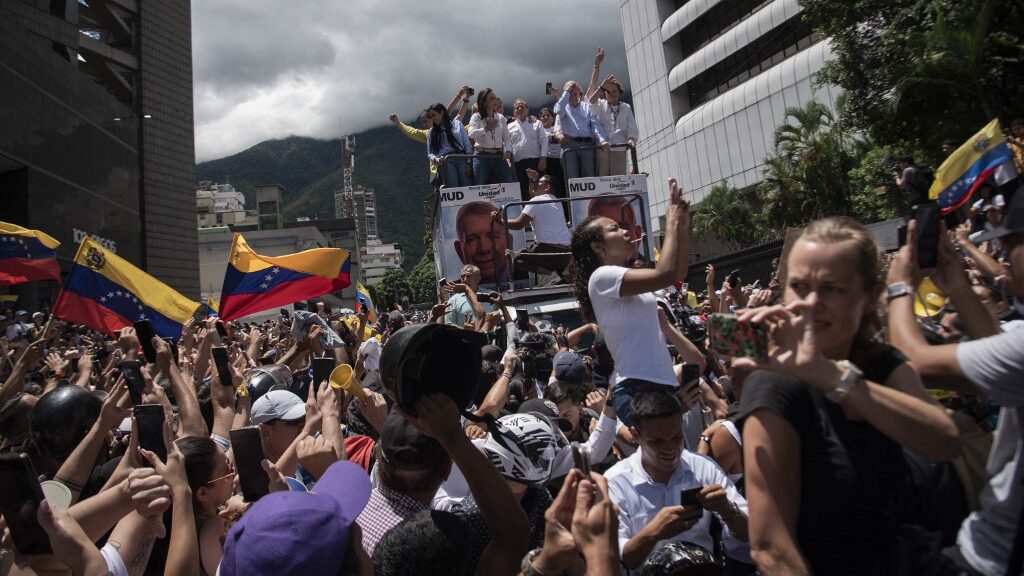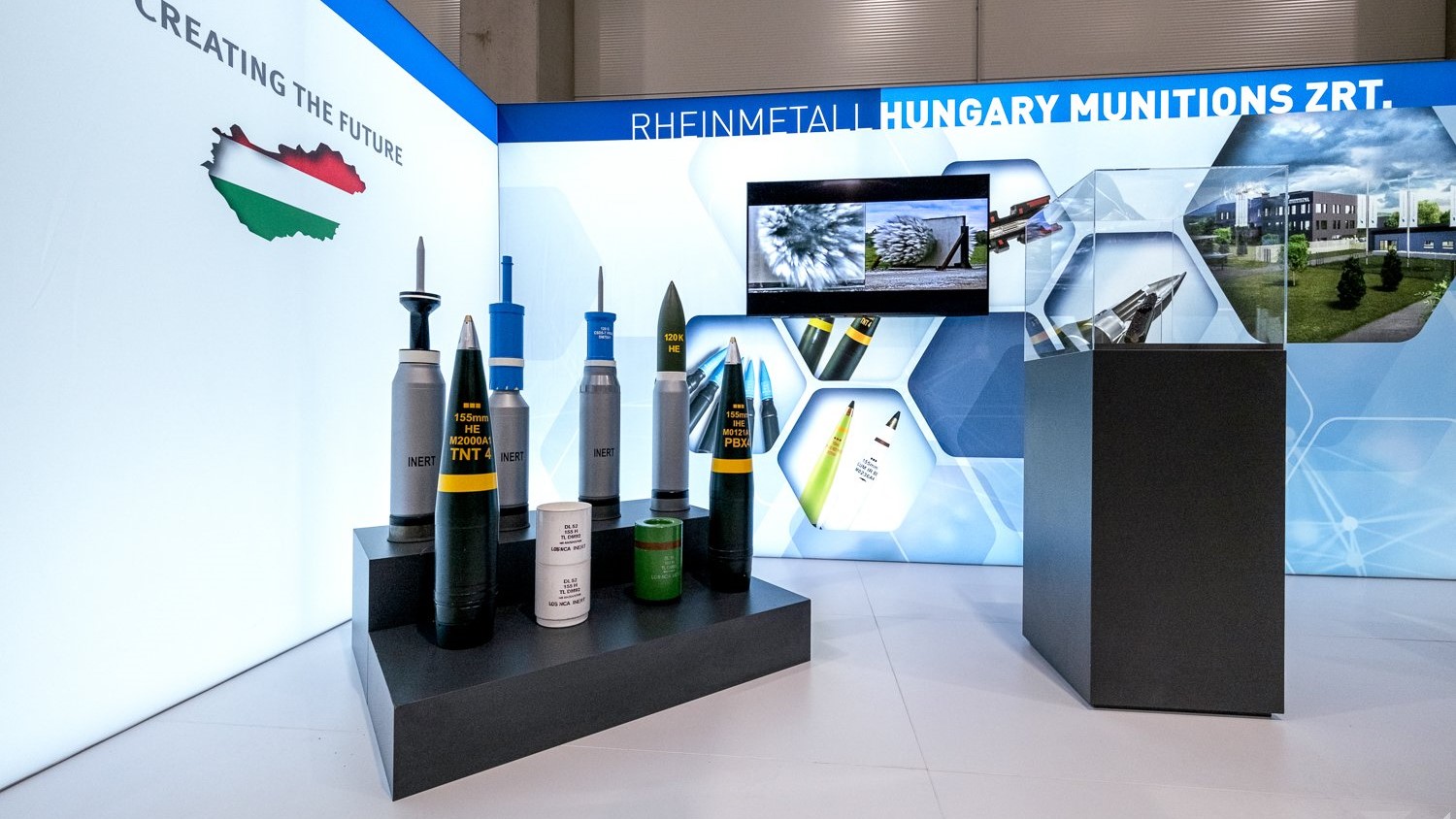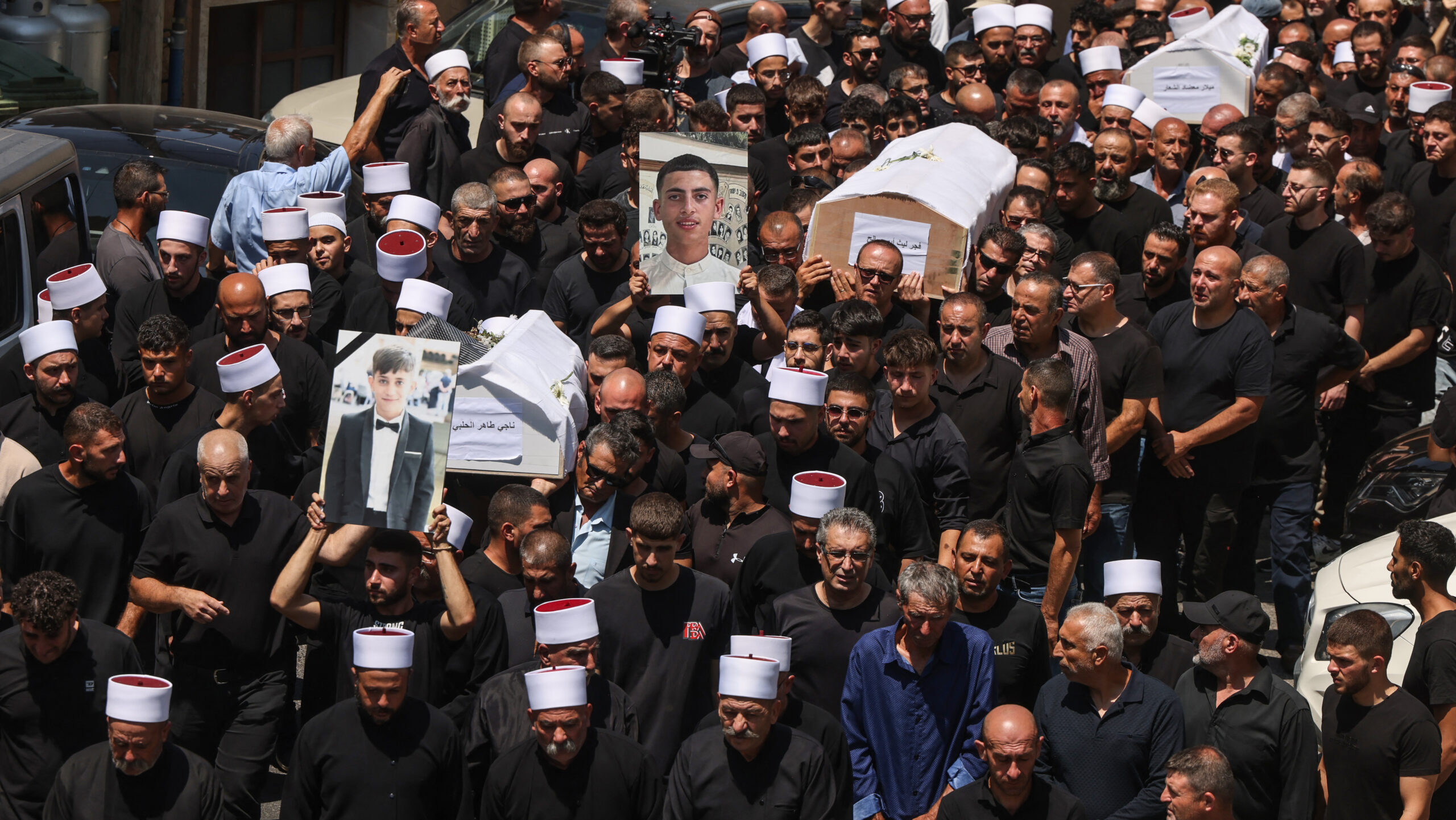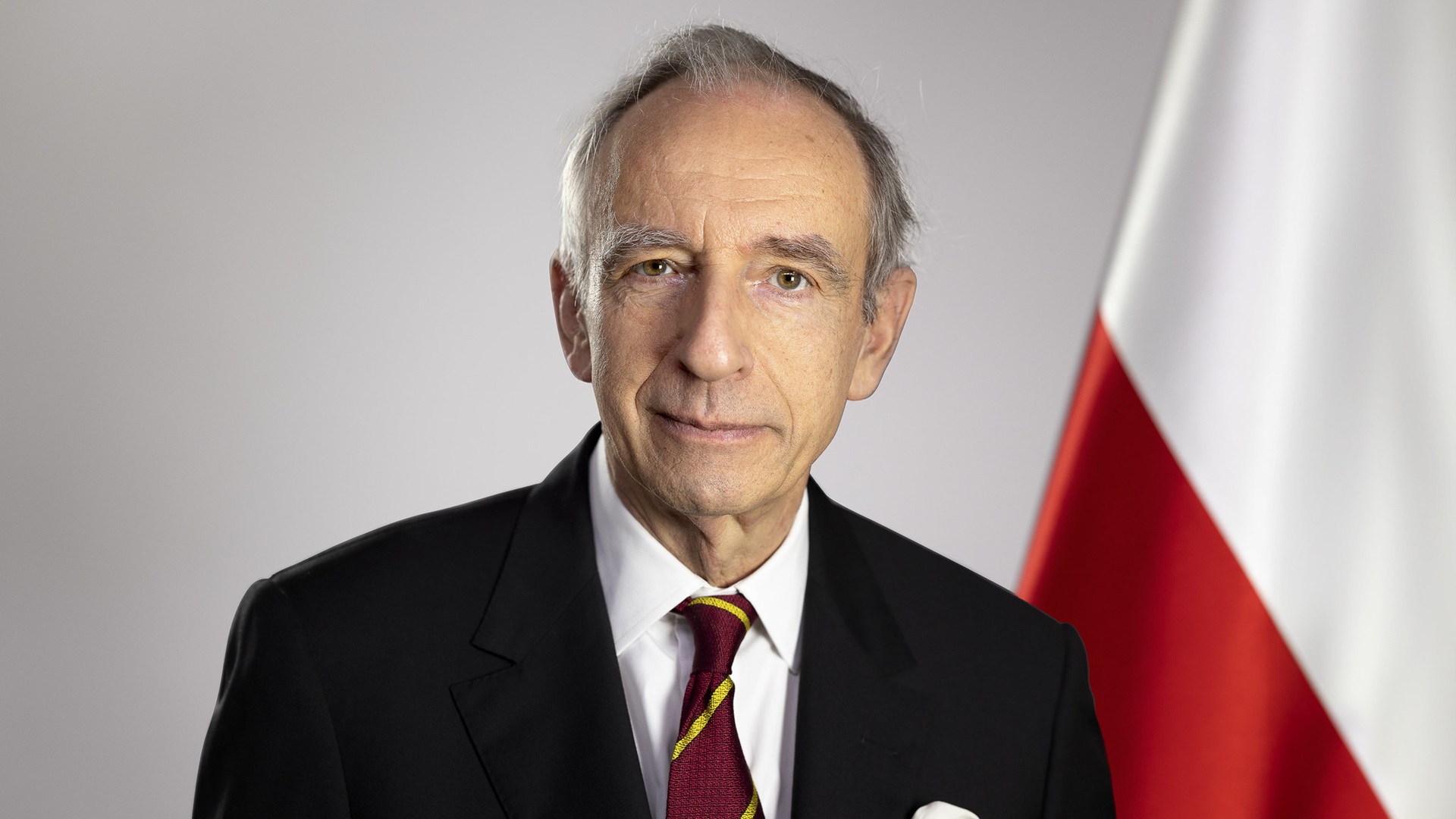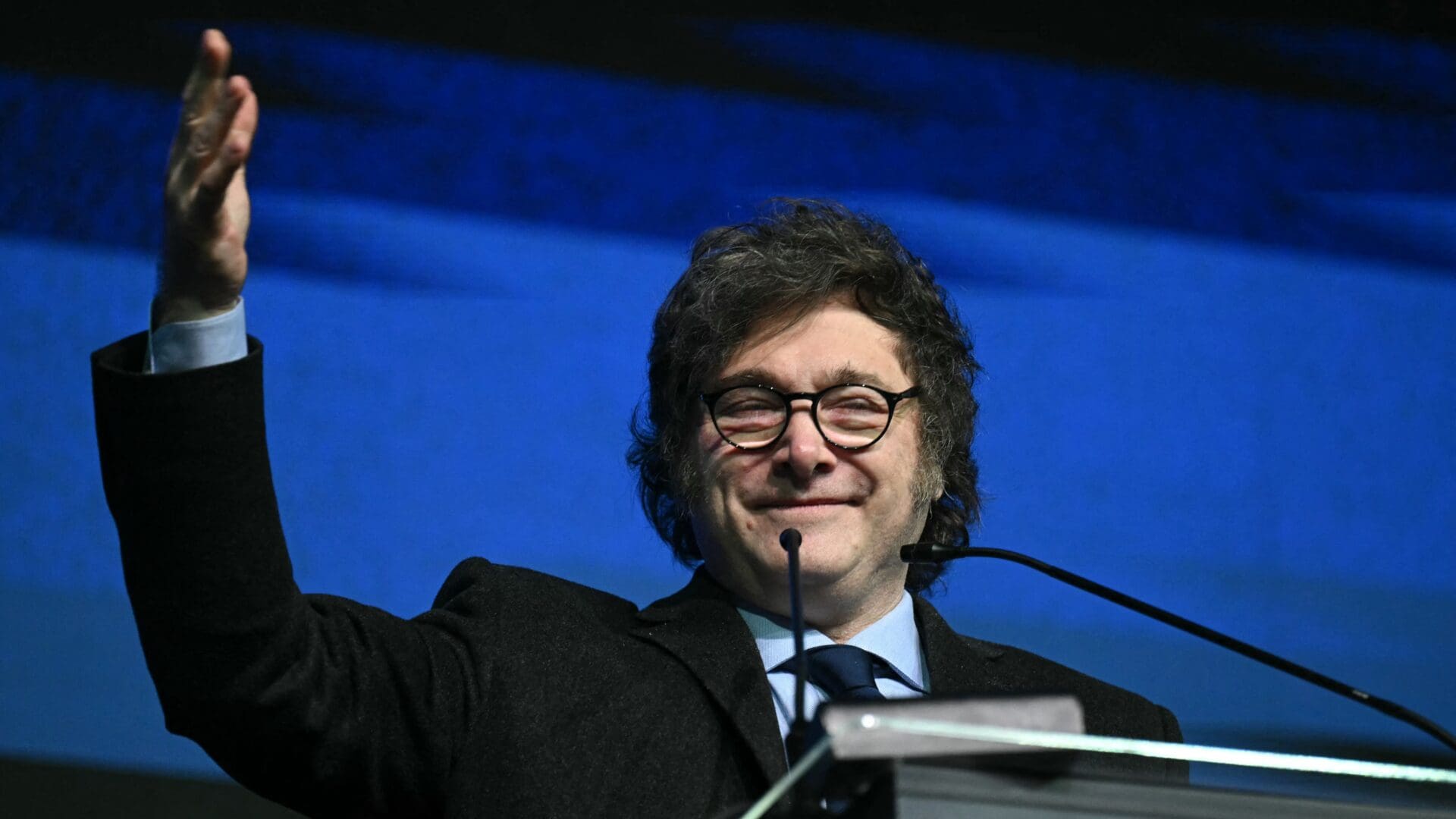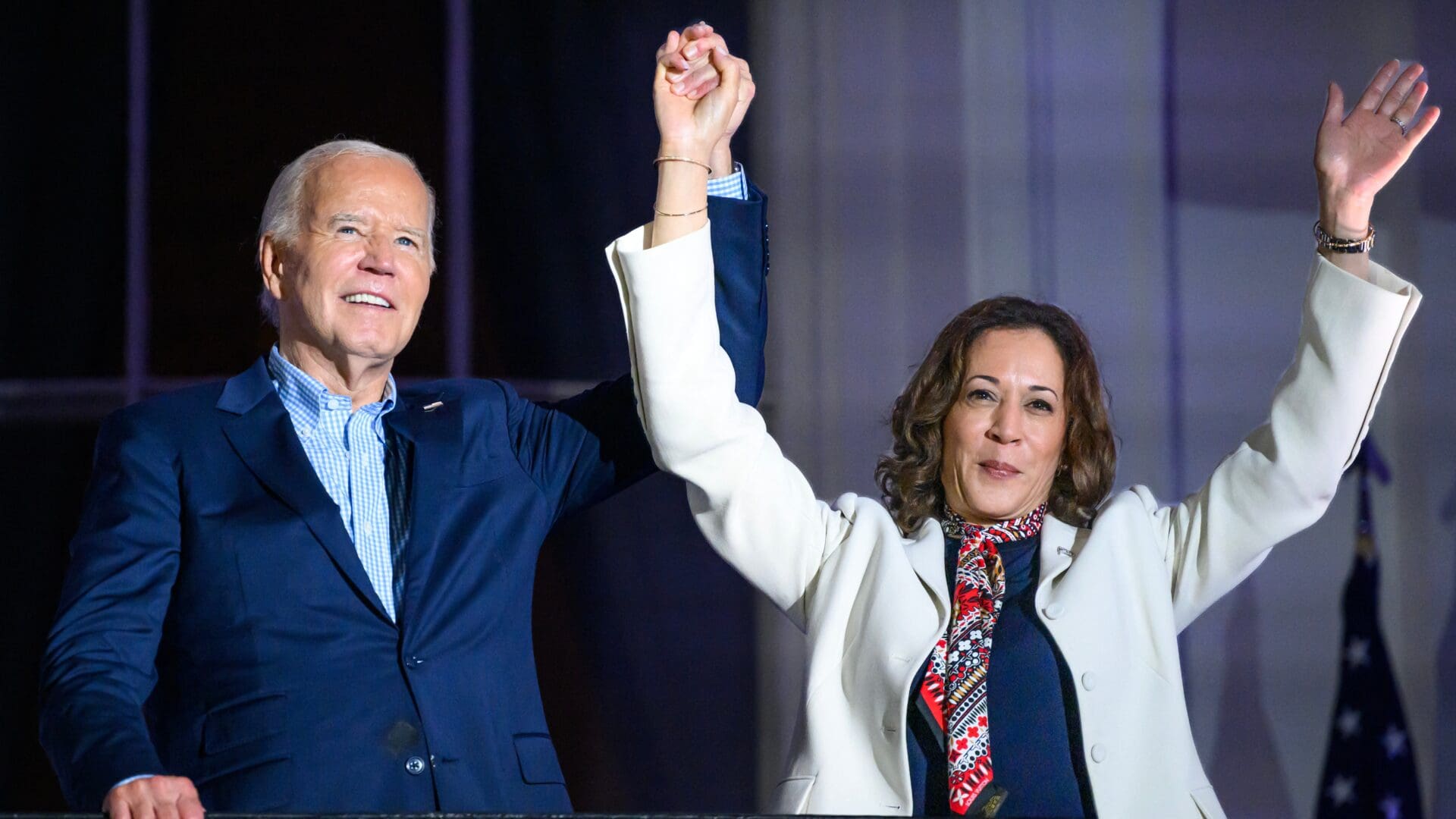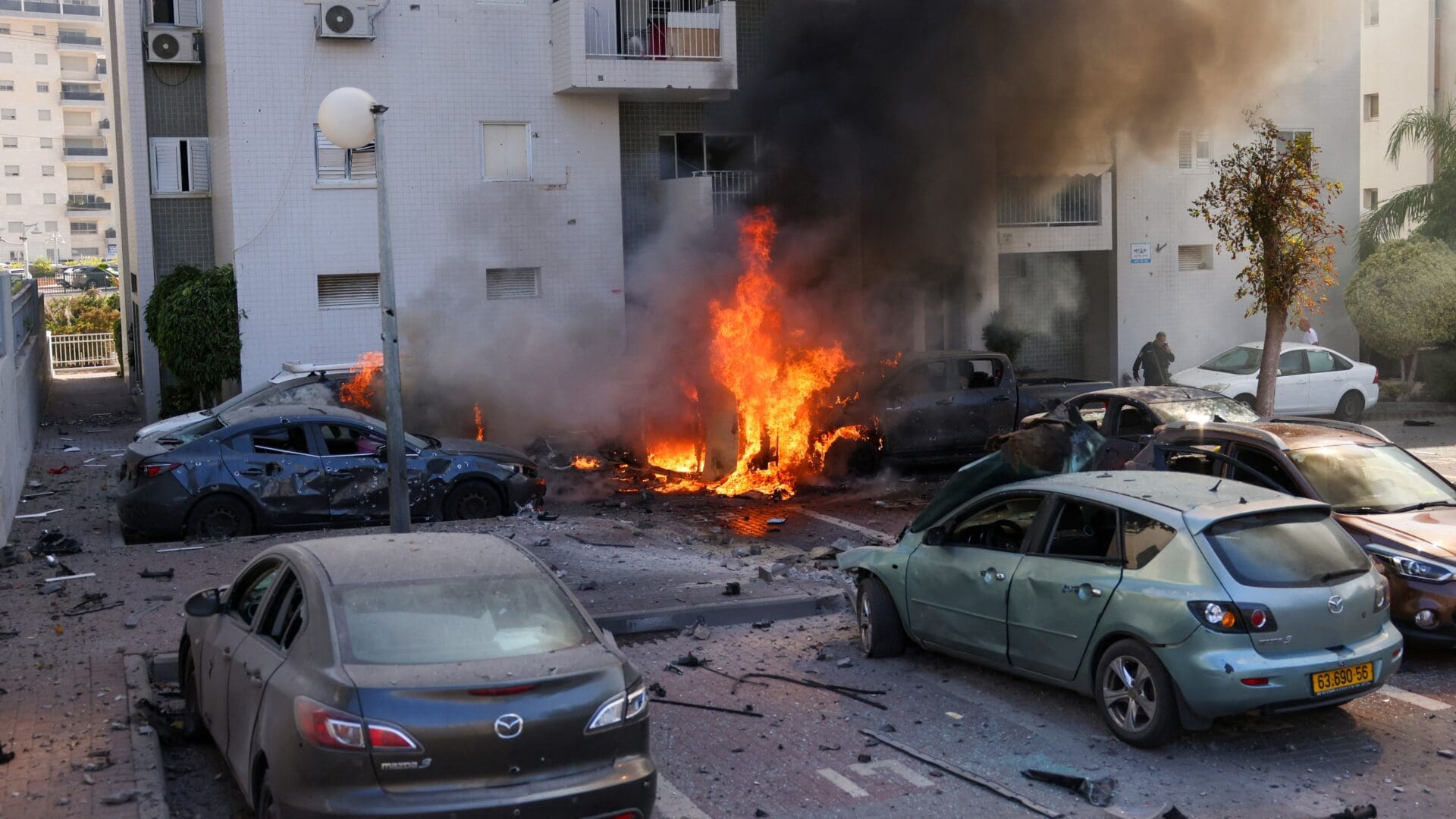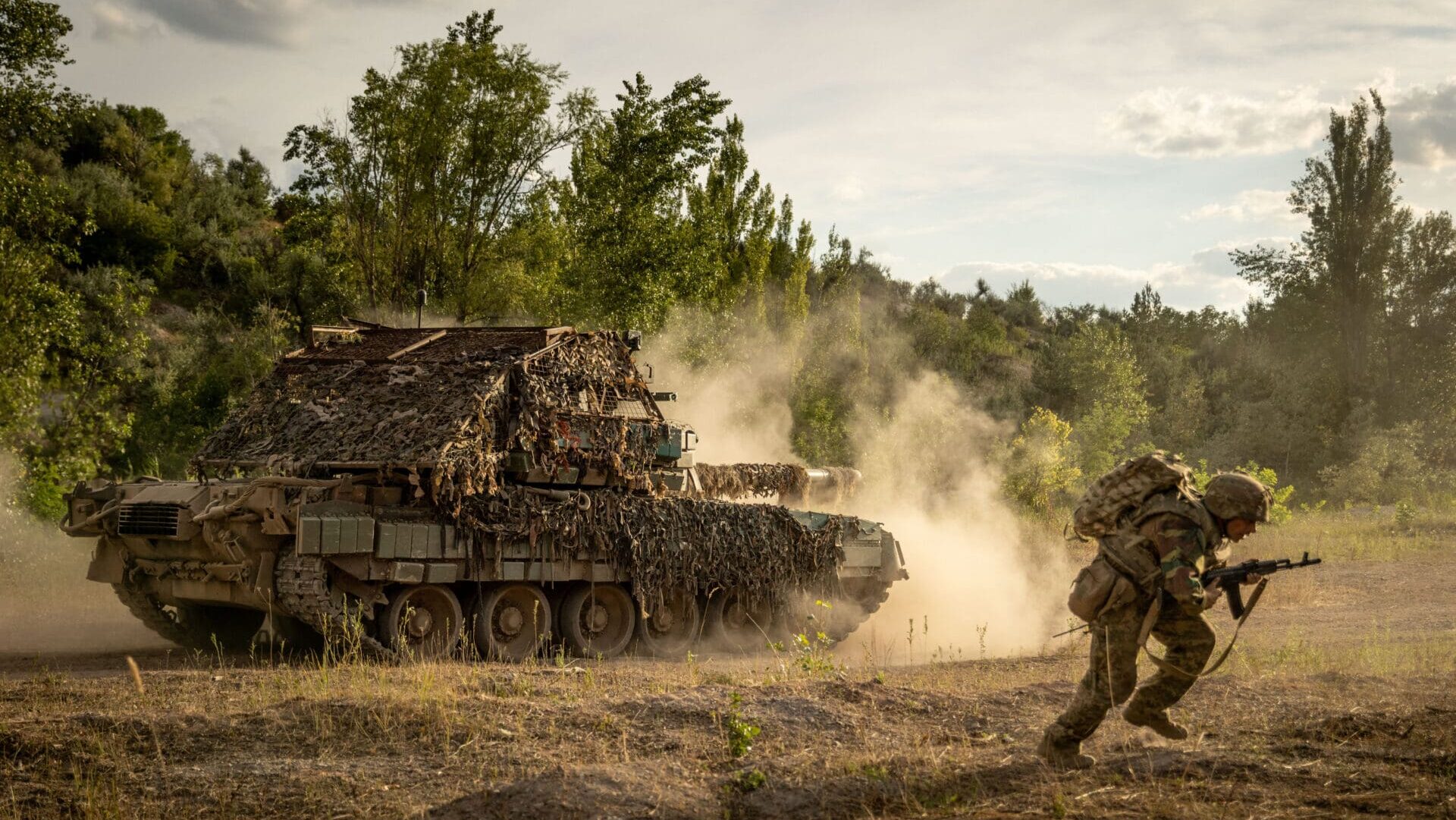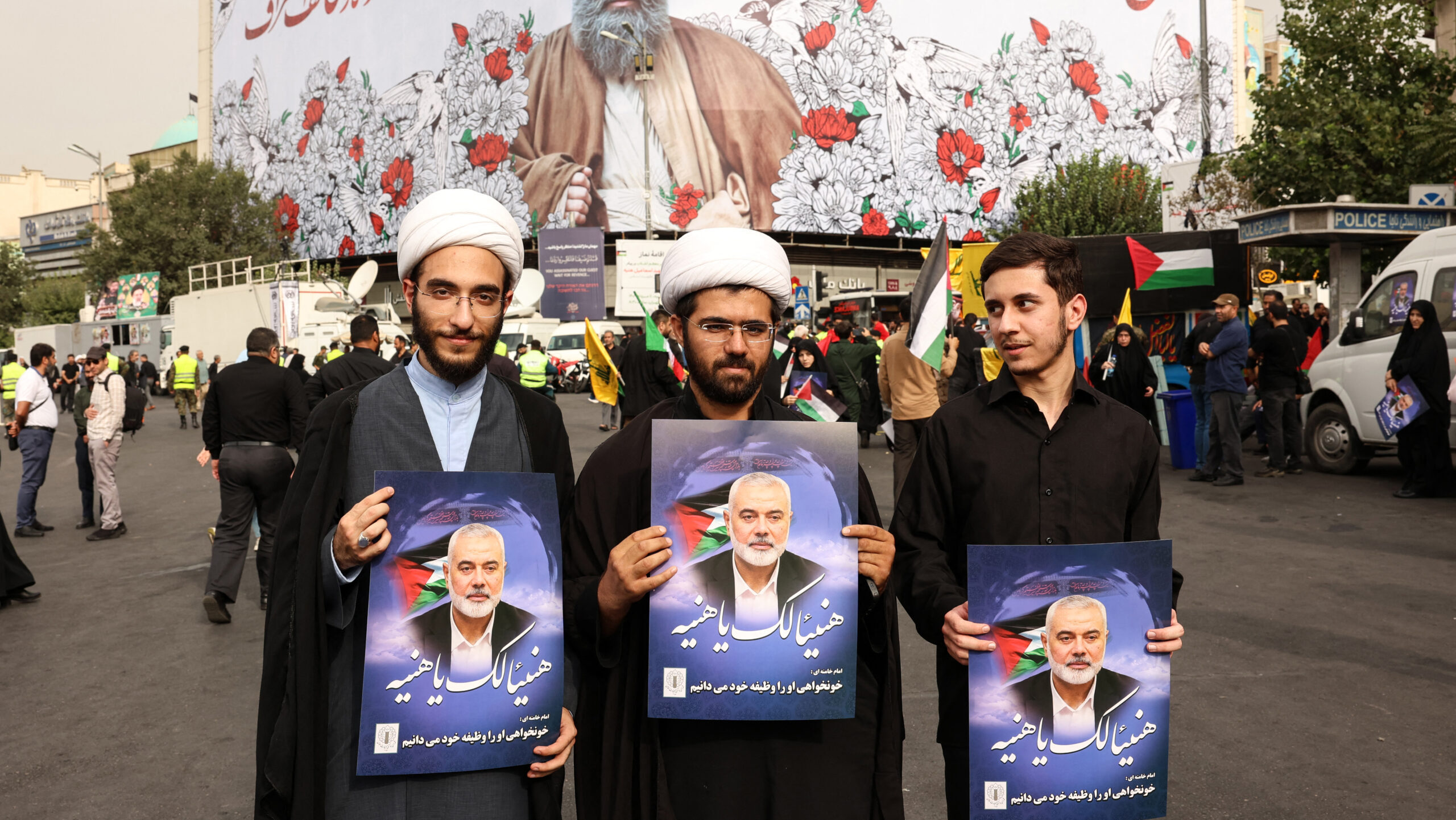
Middle East on the Brink of Full-Scale War as Iran’s Supreme Leader Orders Direct Attack on Israel
The situation in the Middle East is becoming increasingly tense, with escalatory developments taking place one after the other. This week, Israel killed a senior Hezbollah commander and Hamas political leader Ismail Haniyeh in a precision strike. In response, Iran’s Supreme Leader Ali Khamenei ordered a direct attack on Israel.

